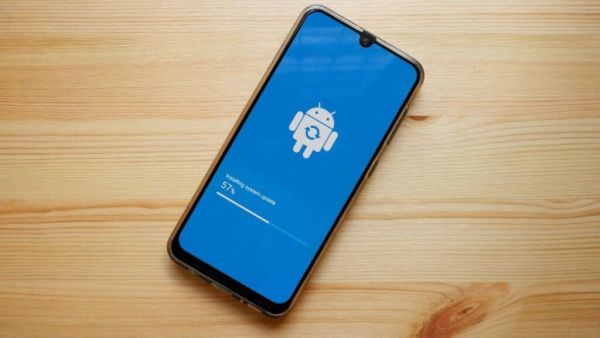
Fitness gadgets: In today’s run -of -the -mill life, diseases like diabetes and heart disease are rapidly affecting the youth. In such a situation, people are constantly monitoring their blood pressure, cholesterol and fitness level. This is the reason why the use of fitness trackers, smartwatch, rings and health bands has increased rapidly. Companies are marketing them as a device giving real time data, alert and health decorations. But the question is, how much can they be trusted?
Vierables: How accurate are these figures?
Today most fitness devices are limited to basic data such as step count, heart rate and calorie burn. Some advanced gadgets provide detailed reports like ECG, blood oxygen level and sleep analysis. Experts believe that in the future AI -based algorithm will make these data more accurate and help identify the symptoms of diseases at the initial level.
Many devices now also describe recovery score, sleep score and stress level. These features definitely indicate the current state of the body, but they cannot be considered an alternative to medical examination.
Growing scope of digital health
The history of fitness trackers is quite old. At the 1964 Tokyo Olympics, Japan introduced a pedometer called “Manpo-KE”, setting a target of 10,000 steps. After this, in 2009, Fitbit made this trend more popular by launching an accelerometer. Since the arrival of Apple Watch in 2014, there was a tremendous bounce in the demand for fitness wearables.
Today, these devices have been able to monitor not only heart rate and oxygen level but also body temperature and even glucose monitoring. Not only this, their use is also increasing in telemedicine and remote patient monitoring.
Data privacy and medical reliability
However, the sensitive data collected through these devices raises a big question – are these figures safe? In the past, cases of data leaks of many companies have been reported. At the same time, doctors also hesitate to fully trust the score from these gadgets.
According to Dr. Monica Mahajan, “features such as glucose monitoring and heart rate tracking can prove useful for diabetes and heart patients, but these devices cannot be considered the basis of final medical decisions.”
Note
Fitness gadgets are an important means of raising health awareness. These can help you stay active, improve sleep and fix fitness balls. But it would be wrong to consider them to be an alternative to medical tests. The doctor’s advice and regular checkup is always necessary for the right health.
-
Which women can make themselves in danger by doing this?

-
Shivkartikeyan’s trailer released on September 5, enthusiasm in fans

-
Smartphone Tips: Avoid updating smartphones? You can soon become your expensive mandal, the wreckage, what did the expert say?

-
The Nokia Phone We’ve All Been Waiting For.:

-
The country’s first high speed rail track will be ready soon…. Train will run from 220 speed
